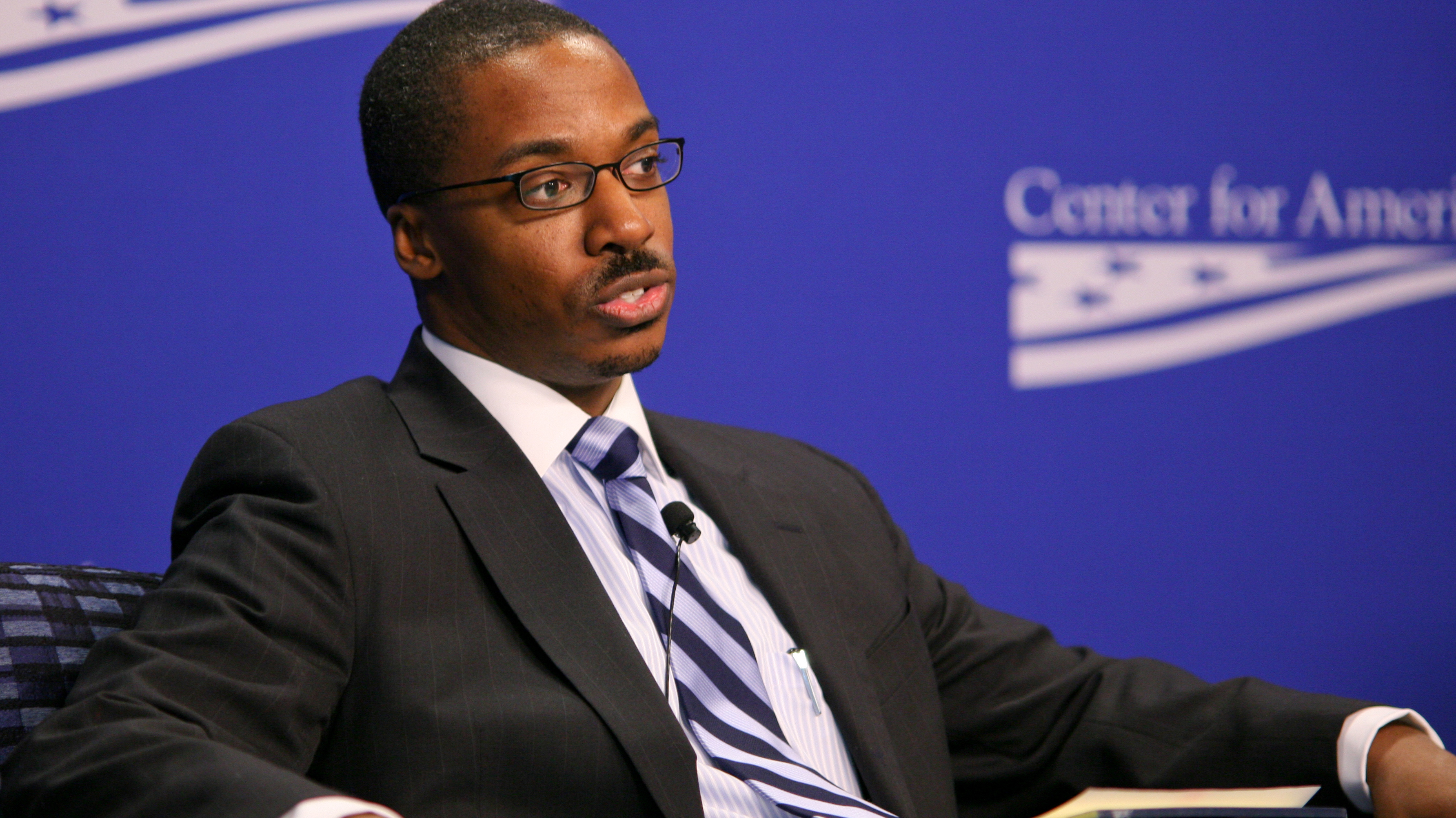Is Reuben Brigety a “loose cannon”? Not a few people have been asking that question after the US ambassador to SA sounded off last week, saying he would “bet my life” that someone secretly loaded weapons and ammunition bound for Russia on to the US-sanctioned Russian cargo ship Lady R while it was in the Simon’s Town Naval Base last December.
His explosive remark plunged the rand to record lows (mainly for fear the US would slap sanctions on SA) wiped billions of rands off South Africa’s bonds and prompted International Relations Minister Naledi Pandor to démarche (severely dress down) Brigety.
Her department then claimed that Brigety had “apologised unreservedly” for “crossing the line” with his remarks. Brigety himself said only that he had been able to “correct any misimpressions left by my public remarks”. Likewise, after he met the ANC this week, the party announced he had apologised, while he said that he had had a “constructive and affirmative dialogue”.
Brigety’s alleged apologies after his initial strong statement suggested a complete somersault, fuelling the sense to some that he is a loose cannon who spoke way out of his government’s line and then had to retract.
It is possible of course that Brigety may indeed have lost his composure last week because of pent-up frustration at South Africa’s growing departure from its professed “non-aligned” position on Russia’s war against Ukraine and spontaneously erupted with his accusations.
(He had also had a blast at the ANC for what he called its “outrageous” hostility towards the US and lack of appreciation for all it was doing for SA, including the Agoa trade agreement and the massive anti-HIV/Aids programme Pepfar which has been saving thousands of lives here for two decades.)
A straight talker
Brigety has been known to talk very straight. He had some difficulty from Republican senators at his confirmation hearing last May explaining why he had once called ex-President Donald Trump “America’s first Nazi-in-Chief”.
This was when he was an academic and it was in response to Trump’s notorious tweet that there were “very fine people on both sides” of the violent clashes between anti-racist demonstrators and neo-Nazis, Klansmen and white supremacists in Charlottesville, Virginia in 2017.
/file/dailymaverick/wp-content/uploads/2023/05/ED_419240-1.jpg)
Even so, the loose cannon theory seems unlikely. For one thing, Brigety has not retracted anything he said last week. Or not publicly. If he apologised, it would seem he was doing so for being undiplomatically frank, not for the content of what he said. So his accusations apparently remain on the table.
Nor has the State Department contradicted, criticised or recalled him. So it looks like it was Washington which wanted to sound a loud wake-up call to Pretoria. It is noteworthy that President Cyril Ramaphosa only announced the inquiry by a retired judge into the Lady R allegations after Brigety’s bombshell. Finance Minister Enoch Godongwana subsequently insisted that the inquiry had been on the cards for at least three months. But if so, why no announcement, let alone result?
A colleague says Brigety is a man of action. And it looks as if his broadside did in fact elicit action.
Others who know Brigety well also can’t believe he went rogue last week. J Peter Pham, a former US special envoy to the Great Lakes and then the Sahel, told Daily Maverick: “I have known Reuben Brigety for decades. He is a consummate professional who has served his country as an honourable naval officer, a conscientious public servant and forthright academic.
“He is not a first-time ambassador gone rogue. I find it hard to believe he would have said what he said without reviewing the evidence.”
Brigety was vice-chancellor and president of the University of the South, in Sewanee, Tennessee when US President Joe Biden nominated him to be ambassador to South Africa early last year. He had been the US ambassador to the African Union in Addis Ababa from 2013 to 2015 and before that deputy assistant secretary of state for Africa with responsibility for southern African and regional security affairs since 2011.
After his ambassadorship, Brigety moved to academia, becoming dean of the Elliott School of International Affairs at George Washington University in Washington, DC, in August 2015, then moving to the University of the South in February 2020.
As deputy assistant secretary of state in the Bureau of Population, Refugees and Migration from 2009 to 2011, he supervised US refugee programmes in Africa, managed US humanitarian diplomacy with major international partners and oversaw the development of international migration policy.
Training as a submarine officer
Brigety began his career in the US Navy where he won a two-year scholarship to study international relations at Cambridge University in England, earning a Master of Philosophy degree. He returned to the navy on active duty as an officer and began training as a submarine officer. But he then decided instead to return to Cambridge to earn a doctorate in international relations, launching new careers in diplomacy and academia.
When Daily Maverick interviewed him in October last year, soon after his arrival in South Africa, he said the sharp differences between South Africa and the US over Russia’s war against Ukraine had not placed the Pretoria-Washington relationship “under duress”. Biden had just invited Ramaphosa to the White House, a rare honour.
/file/dailymaverick/wp-content/uploads/2022/07/72aa6b3a8762857769690fe8_1160x1160.jpeg)
We asked him if this invitation meant that relations between the two countries had not been badly affected by their differences over Ukraine or did it mean that Biden wanted an opportunity to try to persuade Ramaphosa to change his mind about Ukraine.
“I don’t think those are mutually exclusive,” Brigety replied. “I think the United States and South Africa have a broad relationship covering a variety of matters in terms of bilateral engagement and also in terms of our ongoing consultations on a variety of global matters, which of course includes Ukraine in this instance.
“But the fact that we may disagree or may take different approaches on any particular issue, even an issue of great significance, doesn’t mean that the relationship is in any way under duress.
“In fact, the more we are talking and engaging with each other, the better we’re able to understand each other and hopefully find areas of commonality.”
Brigety, the “consummate professional”, as Pham calls him, was diplomatic to a fault back then. Seven months later he threw the protocol book out of the window and publicly accused South Africa of selling arms to Russia. What changed? Perhaps Ramaphosa’s yet-to-be-announced retired judge will find the answer. DM
This story first appeared in our weekly Daily Maverick 168 newspaper, which is available countrywide for R29.






 US Ambassador to South Africa Reuben Brigety. (Photo: Flickr)
US Ambassador to South Africa Reuben Brigety. (Photo: Flickr)